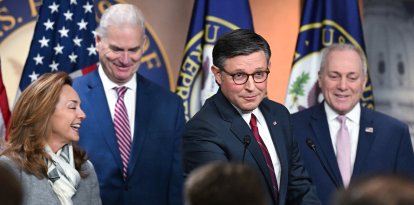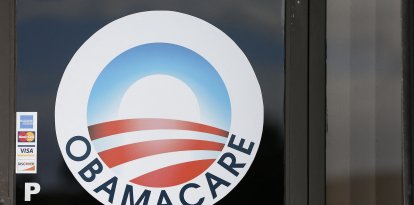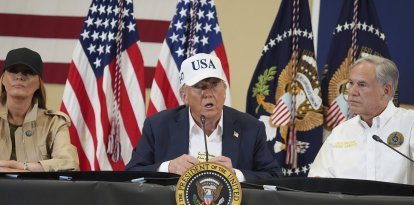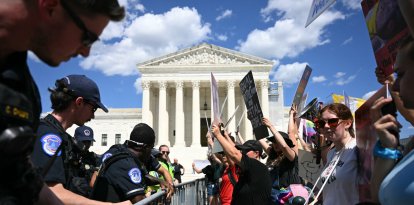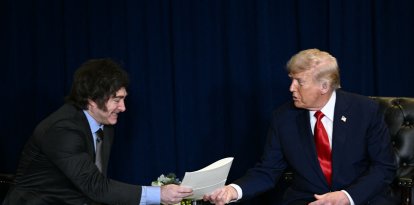Miami, epicenter of Hemispheric Security: 10th FIU Conference kicks off to address the challenges facing the Americas
The topics discussed reflect the complexity of today's threats: from the impact of extra-regional actors such as China, Russia and Iran, to illegal fishing, money laundering and the risks of artificial intelligence.
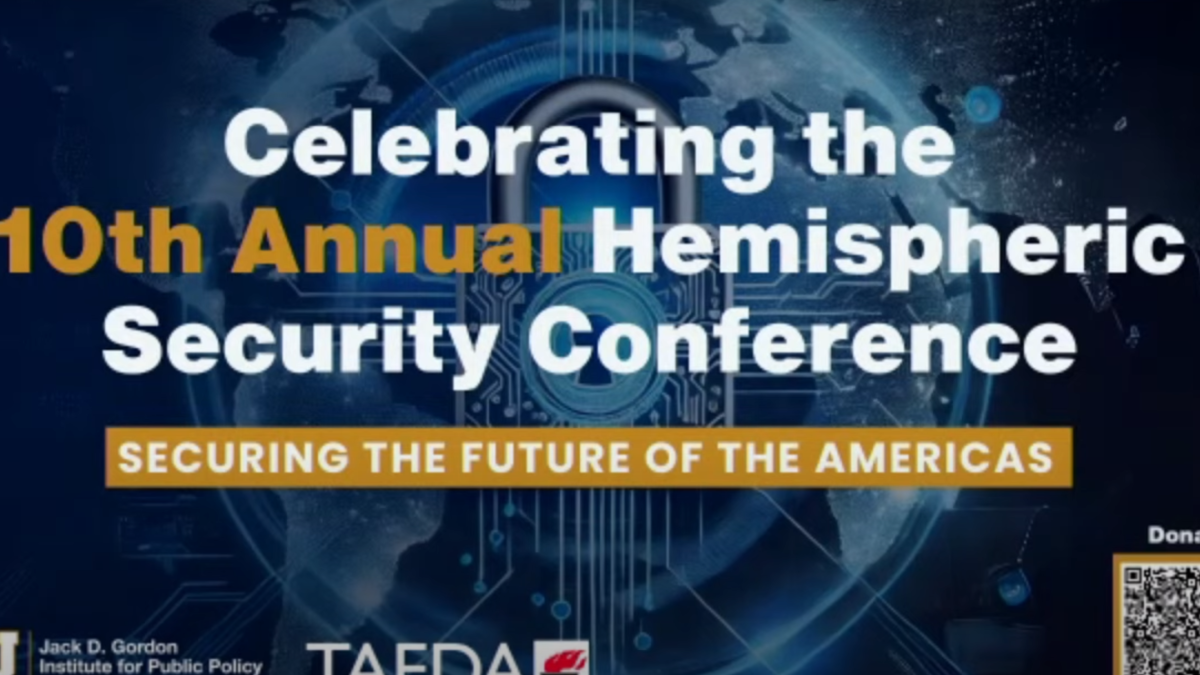
Tenth Hemispheric Security Conference at FIU.
Florida International University (FIU) launched the 10th Hemispheric Security Conference (#HSC2025), a two-day event organized by the Jack D. Gordon Institute for Public Policy.
Featuring more than 80 speakers, the conference addresses critical issues for the Western Hemisphere, including economic security, artificial intelligence, ports, critical minerals, transnational crime, cybersecurity, extra-regional actors, environmental security, Antarctica and illegal fishing.
The inaugural day, held on the Coral Gables campus, was opened by Leland Lazarus, associate director of the Gordon Institute and organizer of the event, along with Brian Fonseca, director of the Institute, Jeanette Núñez, president of FIU, and Mario Montoto, president of the Taeda Foundation, co-organizer of the conference.
Lazarus highlighted the breadth of the agenda: "There is something for everyone interested in hemispheric security."
Montoto, for his part, shared an emotional note by citing a recent announcement by President Donald Trump about the imminent release of Eran Alexander, a U.S.-Israeli hostage held by Hamas since Oct. 7, 2023. "I will ask for prayer, beyond creeds or religions, that this hostage and the rest may return to their families," he said.
A decade of evolving challenges
Lazarus contextualized the evolution of hemispheric challenges since the first conference in 2015. Back then, the China's Belt and Road Initiative was just getting started, narco-trafficker Joaquin "Chapo" Guzman was on the run and cybersecurity was emerging as a threat.
Ten years later, "22 countries have signed on to the Chinese initiative, and actors such as Russia and Iran have strengthened their presence in the region," he noted. In addition, transnational criminal organizations have diversified their operations, and artificial intelligence has added new dimensions to cybersecurity.
Fonseca underscored the sustained relevance of the conference, "We create a space where thought leaders from government, academia, think tanks and civil society analyze the hemisphere's most pressing challenges."
This global approach, he added, seeks to "impact policy innovation" throughout the Americas. "Security in Latin America and the Western Hemisphere has long been complex," he said, noting that #HSC2025 is consolidating itself as "the premier hemispheric security gathering in the world."
Miami and FIU: a strategic setting
FIU President Jeanette Núñez highlighted Miami's position as a "cultural and economic bridge to Latin America and the Caribbean," which makes the university - one of the top 50 in public research in the U.S. - the ideal venue for this event. "The Hemispheric Security Conference acts as a catalyst for our mission of research excellence, fostering discussions that generate new ideas and collaborations," he said.
He also highlighted the strategic alliances that bring together representatives from government, academia, the military and the private sector.
Montoto valued the synergy of the conference, which combines "the public, the private and the academy" to generate practical proposals. "The important thing is that we have the capacity to transmit the conclusions to our countries," he emphasized.
Featured speakers and key topics
The program began with an address by Admiral Alvin Holsey, commander of the U.S. Southern Command. Notable attendees included Luis Petri, Minister of Defense of Argentina; José Ramón Icaza, Minister for Panama Canal Affairs; Dan Restrepo and Juan Cruz, former members of the U.S. National Security Council; Ambassador Frank Mora; and Martín Redrado, former president of the Central Bank of Argentina.
Also participating are experts such as Ryan Berg, director of the Latin America Program at CSIS; Sylvia Cesaratto, Consul General of Canada in Miami; and executives from companies such as Google, Amazon Web Services and Fortinet.
The topics covered reflect the complexity of today's threats: from the impact of extra-regional actors such as China, Russia and Iran, to illegal fishing, money laundering and the risks of artificial intelligence.
The conference also addresses port security and the management of critical minerals, essential to the global economy.
A space for innovation and dialogue
With a decade-long track record, #HSC2025 reaffirms its role as a key forum for analysis and action on security challenges in the Americas.
The combination of governmental, academic and private perspectives, along with the diversity of topics, ensures that the discussions not only identify problems, but also propose concrete solutions for the countries of the hemisphere.
The event continues on May 13, promising more discussions and collaborations to strengthen security and stability in the region.














